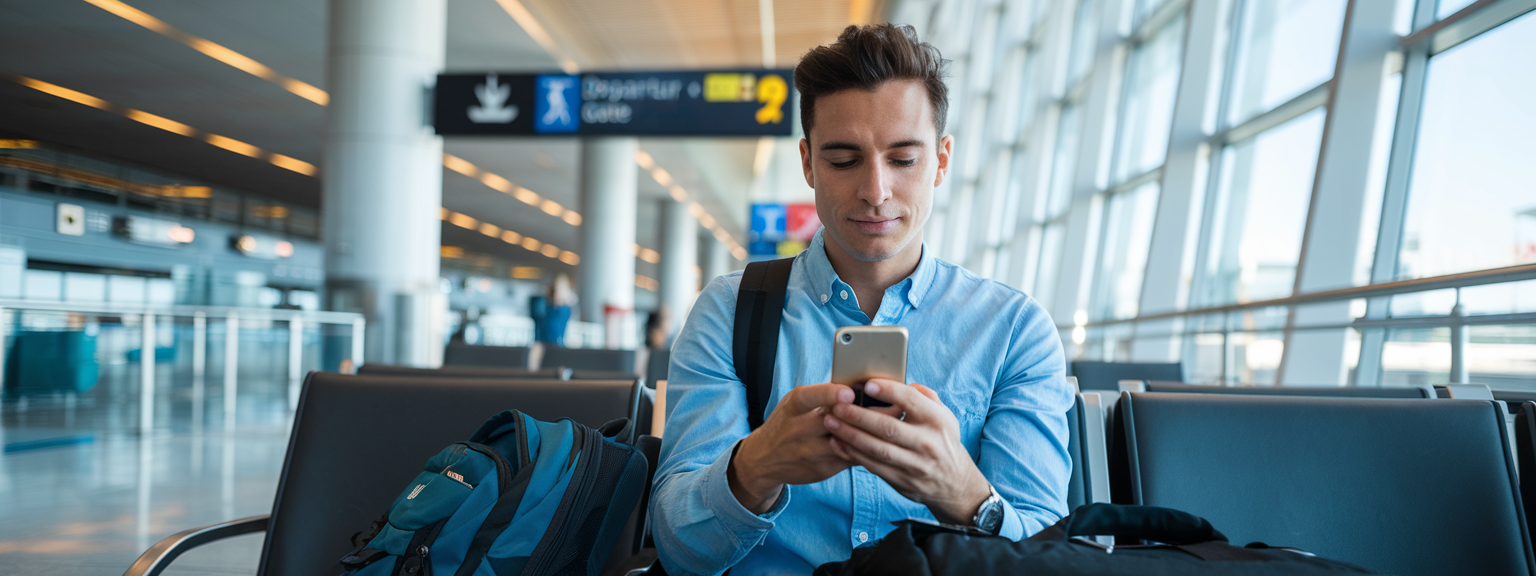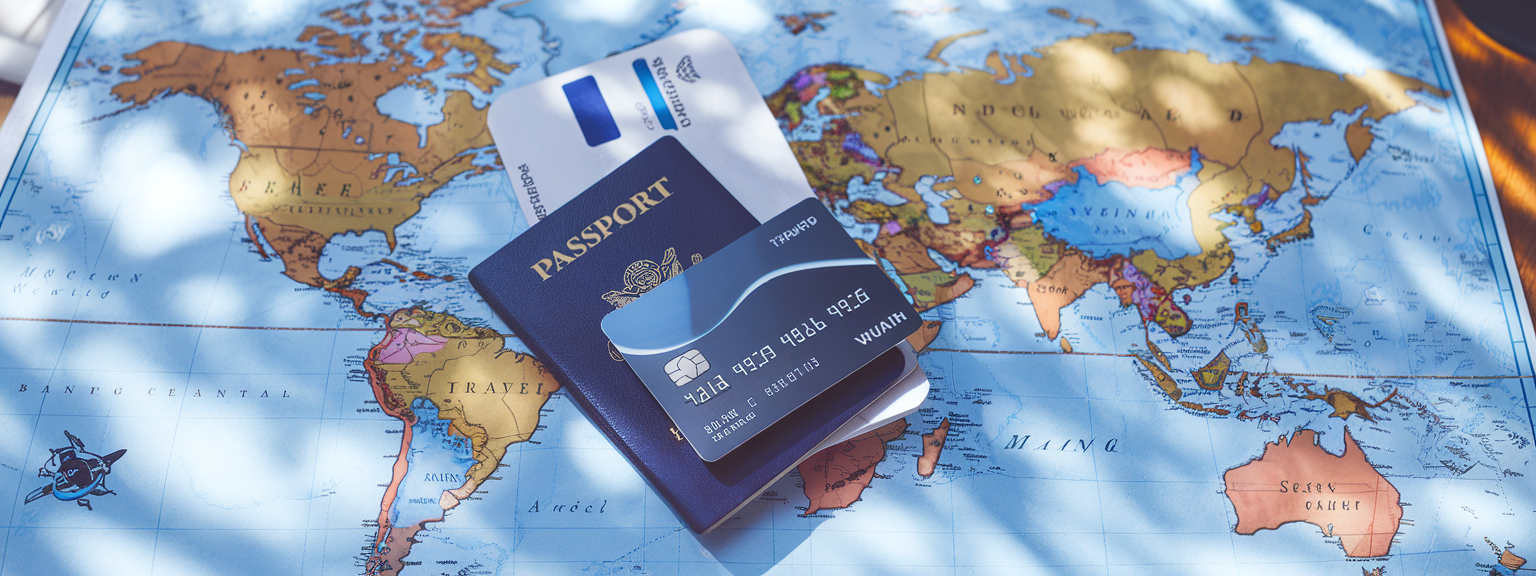Managing Travel Emergencies: Essential Tips for Safe Journeys
Travel is one of life’s greatest pleasures, but even the best-planned trips can be interrupted by the unexpected. From lost passports and medical crises to canceled flights and natural disasters, managing travel emergencies is a crucial skill for every traveler. By preparing ahead and knowing what to do when things go wrong, you can turn a potential travel nightmare into a manageable experience. This comprehensive travel safety guide will give you the knowledge, tools, and insider strategies you need to stay safe and resilient no matter where your adventures take you.
📍Must-See Attractions
Essential Emergency Resources to “See” Before You Travel
In the context of handling travel crises, the “must-see attractions” are actually the must-have resources you should prepare before departure. This includes a detailed list of emergency contacts for your destination: the local police, nearest hospital or clinic, and the contact information for your embassy or consulate. Memorize or safely store these numbers both digitally and in print format.
Creating Your Travel Safety Checklist
A well-prepared emergency travel planning checklist should include copies of important documents such as passports, visas, and health insurance cards, stored securely in your luggage and cloud storage. Add a compact medical kit, backup credit card, and a portable charger. These items may not seem glamorous, but they are the “landmarks” of travel safety—essentials that can save your trip.
Digital Tools That Every Traveler Should Use
Offline maps (Google Maps offline mode), language translation apps, and travel insurance apps offering direct emergency assistance are invaluable. Consider registering with your home country’s travel advisory program to receive alerts during your trip.
🎭 Local Culture & Experiences
Understanding Local Emergency Systems
Just as local customs shape everyday travel experiences, they also influence how you manage emergencies. Emergency numbers differ across nations—while 911 works in the U.S., Europe uses 112, and other countries have their own codes. Research these before you arrive.
Navigating Medical Emergencies Abroad
In some cultures, calling an ambulance might be slower (or more expensive) than taking a taxi to the hospital. Learn from locals about the quickest, safest route for medical help. By being culturally aware, you avoid delays caused by unfamiliar systems.
Overcoming Language Barriers
Having a few emergency phrases in the local language (“I need a doctor,” “Please help,” “I’m lost”) can make a huge difference. Keep them in your phone or written on a small card. In many cases, showing the phrase written in the local script will speed up assistance.
🔑 Hidden Gems & Insider Tips
Pro Traveler Hacks for Handling Travel Crises
Experienced travelers often know “hidden” safety resources that casual vacationers overlook. For example, some small clinics in tourist hubs are linked to international networks and can bill your travel insurance directly—saving you out-of-pocket costs. Others may know reliable taxi drivers who operate during natural disasters when public transit halts.
Leveraging Travel Insurance Beyond the Obvious
Many travelers only think of travel insurance in the context of medical care, but certain policies also cover emergency evacuations, stolen belongings, and even extra hotel nights if a crisis delays your departure. Reading your plan’s fine print can uncover unexpected benefits that save you time, money, and stress.
Trusted Local Contacts
Creating a network of trusted local contacts—whether through friends-of-friends, cultural exchange programs, or reputable local guides—can give you insider assistance in a crisis. These people often have better knowledge of where to go and whom to call when emergencies hit.
🗓️ Sample Itinerary or Day Plan
Emergency Response Plan for a Lost Passport
This “itinerary” is a timeline for handling a common travel mishap:
- 0–30 minutes: Stay calm, retrace your steps, check with hotel reception or local authorities to see if it’s been found.
- 30–60 minutes: File a police report. Request a copy for your records.
- Within 2 hours: Contact your nearest embassy or consulate. Arrange an appointment to get emergency travel documents.
- Same day: Prepare required identification (driver’s license copy, passport copy, travel itinerary) for document replacement.
Estimated Costs and Transportation Options
Expect to pay a replacement fee for your passport, plus potential costs for expedited processing. Safe transportation should be a priority; use licensed taxis, vetted rideshares, or hotel-arranged private transport when going to embassies or police stations.
💡 Travel Tips Specific to the Destination
Packing Smart for Personal Safety
Your packing list should go beyond clothes and toiletries. Include laminated copies of your passport, a whistle, flashlight, basic first aid supplies, and a backup power bank. If you’re heading to a region prone to natural disasters, pack a lightweight emergency shelter or poncho.
Timing Your Travel to Avoid Emergencies
Check the seasonal risks of your chosen destination. Traveling outside of hurricane or monsoon seasons can greatly reduce the risk of weather-related emergencies. Likewise, be aware of major political events or protests that could disrupt your stay.
Sharing Your Itinerary for Safety
Before departure, share your travel plan and contact info with a trusted friend or family member. This ensures someone knows your whereabouts and can act quickly if you go missing or stop checking in.
Best Apps for Managing Travel Emergencies on the Go
Download safety-focused apps like TripWhistle for global emergency numbers, Google Translate for quick language help, and your travel insurance provider’s official app for instant claim assistance.
“`







